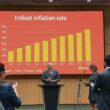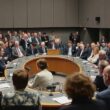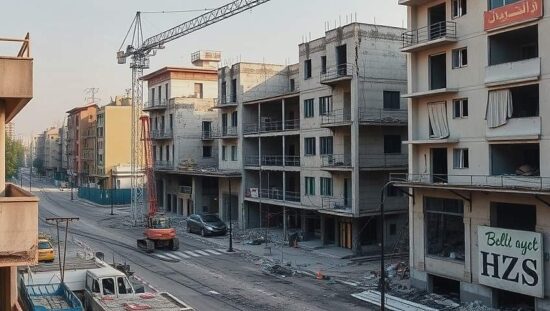Germany pledges swift reconstruction support for Gaza following potential peace agreement, but faces complex political and financial hurdles. Development Minister Reem Alabali Radovan (SPD) has signaled a commitment to rapidly assisting in the rebuilding of Gaza should a durable peace be established, emphasizing ongoing discussions with EU and G7 partners, as well as international organizations like the World Bank.
The initial focus, according to Alabali Radovan, will be on providing mobile transitional housing solutions, given the devastating scale of destruction – an estimated 80% of Gaza’s buildings are reported to have been damaged. Subsequent phases will prioritize essential services including food security, healthcare and debris removal, all meticulously coordinated with international stakeholders.
Recognizing the immense financial undertaking involved, Alabali Radovan has articulated a strategy to incorporate the private sector in the reconstruction effort. Public funds alone are inadequate to meet the staggering costs associated with rebuilding Gaza, Syria, or Ukraine. Leveraging organizations such as the World Bank and the European Investment Bank would be crucial in multiplying the impact of public investment. While essential, she stressed that private sector involvement would represent a later stage, requiring careful consideration of governance and transparency.
Ahead of the World Bank’s annual meeting in Washington D.C., the German Minister staunchly opposed recent calls from the United States to expand the Bank’s support for fossil fuels, including natural gas. Alabali Radovan asserted the continued necessity of adhering to the World Bank’s current climate protection agenda, underscoring Germany’s commitment to sustainable development.
The Minister also drew a firm line against further cuts to Germany’s development aid budget, explicitly stating that the coalition government has reached a point of fiscal limitation on this front. This declaration reflects growing tensions surrounding budget priorities and highlights the complex political landscape surrounding Germany’s international commitments. The successful implementation of German reconstruction efforts in Gaza will hinge not only on financial resources but also on navigating intricate geopolitical pressures and maintaining domestic political consensus.





